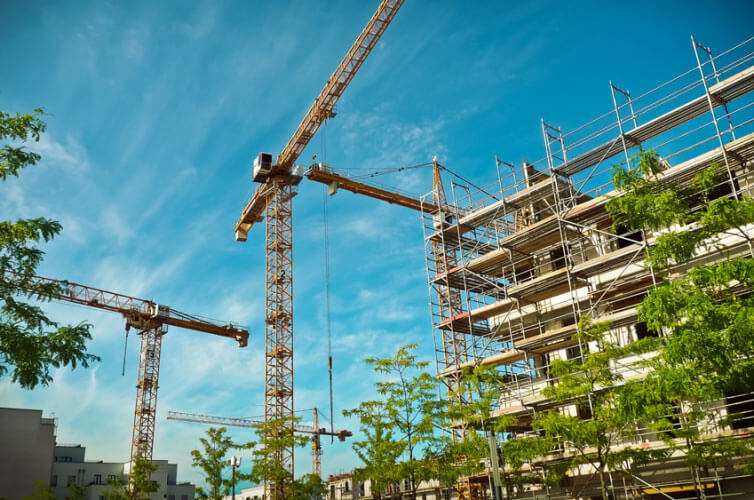Project team
Why it matters
Due to housing shortages and an increasing population, 300 000 new homes will need to be built in England each year. Despite efforts to avoid using new land, space constraints mean that about half of the new homes will be built on ‘greenfield’ sites that have not yet been developed. New housing built on farmland, at the edges of existing residential areas, will lead to a loss of natural environment and the wildlife species that live in these fields. (Figure 1).
Biodiversity Net Gain (BNG) is a new approach to development that aims to leave the natural environment in a measurably better state than it was beforehand. It becomes a legal requirement at the end of 2023 and requires developers to minimise damage to the natural environment and wildlife species, restore nature lost due to the development, and deliver a minimum 10% net gain in nature. This net gain is measured in Biodiversity Metric units.
Environmental Net Gain (ENG) is a broader concept than BNG. First set out in the Government’s 25 Year Environment Plan, it expands upon BNG approaches to include “wider natural capital benefits, such as flood protection, recreation and improved water and air quality.” Adopting an ENG approach could enable local planning authorities to target the environmental enhancements most needed in their areas and offer developers more flexibility to provide them.
Offsetting can provide opportunities for ‘greenfield’ site developments where environmental impact cannot be mitigated for on the site itself. It can also deliver broader environmental and social values:.

Partners
What we did
We designed, tested, piloted, commissioned and launched a choice-based experiment and stratified survey of the general public in England (N=4,4004) to explore a range of social preferences5 and trade-offs between a range of different BNG and ENG ‘offset’ implementation scenarios. And produced a report explaining the rationale for the survey, methods used and updated on progress. Analysis is due to be completed in 2023.
Looking to the future
A award has been made by the Esmee Fairburn Foundation (£56K) which will allow the following work to continue in 2023: (1) analysis of survey results and extended analysis using other relevant datasets; and (2) holding series of community engagement workshops in the South West to explore the results and BNG and ENG issues from a range of perspectives.








